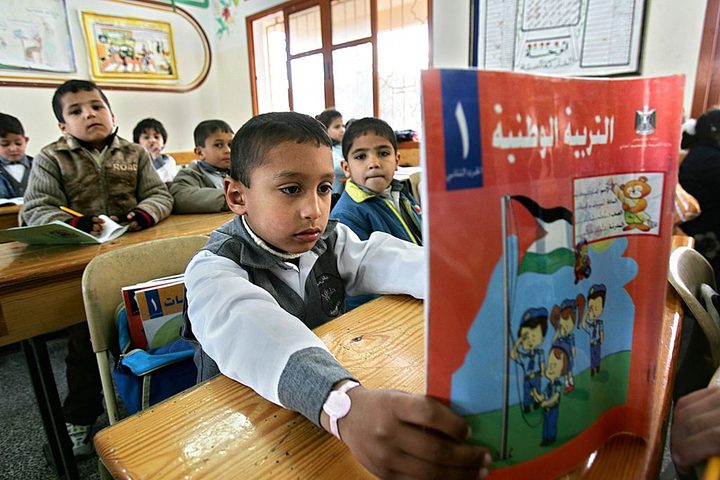The cultural identity of any people is embodied by their experiences and history, and knowledge of that identity is essential for its individuals. In Palestine, this identity is evident through a long history of challenges and conflicts. This identity serves as the foundation for Palestinian writers, authors, and poets who contribute to expressing their people's emotions and aspirations. This identity is passed on to the younger generations through education, contributing to the continuity of their rich ancestral history.
Despite the challenges and difficulties facing the Palestinian people, there is a clear interest in culture and education across various stages of learning. This interest is particularly evident in Palestinian literature and poetry. Through these works, writers express the feelings and hopes of Palestinians and send messages addressing issues of freedom, love, dignity, and justice.
The Palestinian curriculum plays a vital role in promoting culture and national identity. The curriculum focuses on the study of Palestinian literary production in various fields such as poetry, novels, and short stories, presented according to the educational level.
Ahmed Al-Khatib, the Director of the Language Department in the Ministry of Education and the coordinator of the Arabic language curriculum for the three stages, stated, "The curriculum is a human effort based on standards and general guidelines aimed at ensuring that students are familiar with a large number of Palestinian writers and poets, highlighting the identity and culture of Palestine, and enhancing their national affiliation."
The Palestinian curriculum includes three essential dimensions in the study of poetry: the national dimension, where students are introduced to poets from various regions of Palestine; the national dimension, where they study Arab poets who have expressed the Palestinian issue; and the cultural dimension, where they learn about poets from other cultures around the world.
"The curriculum focuses on the study of Palestinian literary production in various fields, such as poetry, novels, and short stories, for each educational stage, tailored to their needs," Al-Khatib added.
The curriculum sets standards for selecting school poets, such as their level of expertise, creativity, and diversity in themes. It takes into account the students' developmental, cognitive, and social needs, offering content that suits them.
Al-Khatib also mentioned that the curriculum has three main dimensions in the study of poetry: the national dimension, where students study poets from Gaza, the West Bank, 1948 Palestinians, and the diaspora, in addition to non-Palestinian poets who have addressed the Palestinian issue and poets from other world cultures.
Despite the challenges facing the Palestinian curriculum, it is continuously evolving and subject to ongoing development. It addresses these challenges quietly and encourages positive interaction with students, contributing to the building of culture and national awareness.






